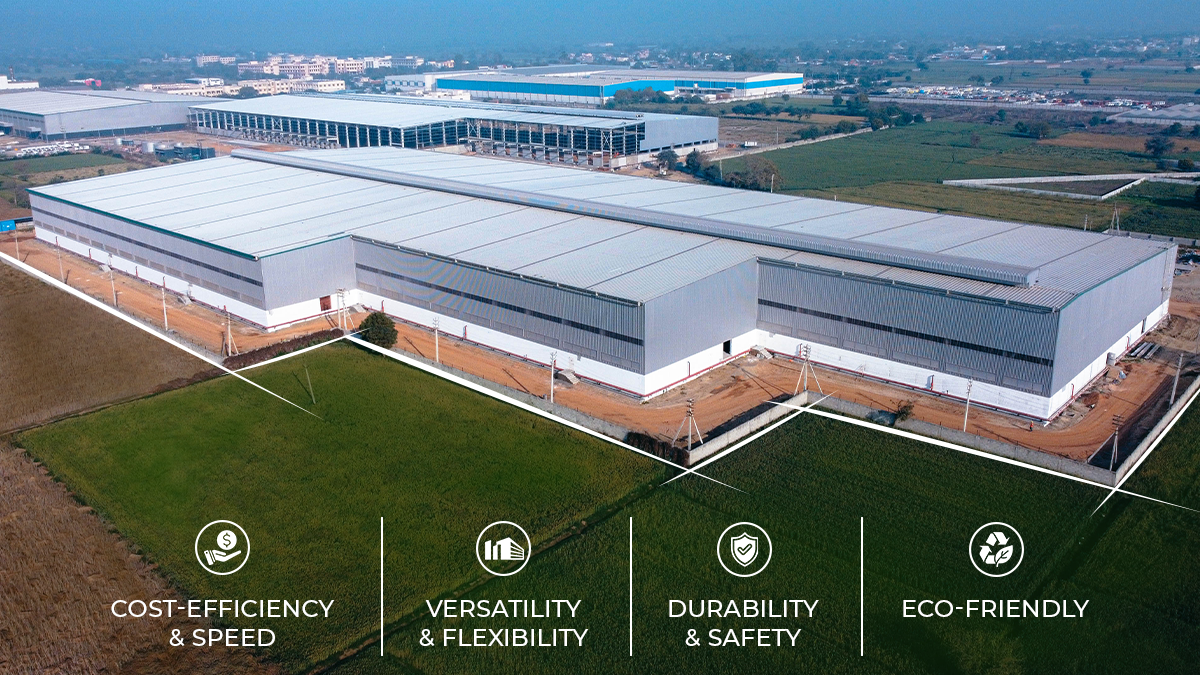
2Q 2025 Cost Report: Compensation Increases Slow Following Consecutive Spikes in Recent Years
[ad_1]

The hot pace of construction staff compensation is cooling. Following years of historically high salary increases, employers are reigning in pay for construction staff. Last year, base salaries increased by 4.6% on average, according to data from compensation consultant Personnel Administration Services. The pullback follows average increases of 5.1% in 2022 and 5% in 2023—the first time since 2000 that average increases surpassed 5% in the PAS Construction/Construction Management Staff Salary Survey.
Notably, the high mark in salary bumps hit when Americans grappled significant increases in cost of living, driven largely by inflation. In 2021 and 2022, year-over-year inflation rose by an average of 7% and 6.5%, respectively. Since then, annual inflation has ebbed, averaging 2.9% in 2024.
Jeff Robinson, president of PAS, notes that while employers did increase salaries significantly in 2022 and 2023, they didn’t keep pace with inflation. Between March 2020 and March 2025, inflation rose by 23.8% over five years. During that same period of time, PAS data shows superintendents and project superintendents came the closest to meeting that mark with a five-year pay change of 22% and 21%, respectively. By comparison, construction managers saw a 15% five-year pay change during that same period.
“Certainly, superintendents and project superintendents, while close over the five-year period, they’re still behind in terms of purchasing power, and construction managers are definitely behind,” he adds.
Consequently, he suggests that employers may still feel pressure to provide healthy pay hikes. The PAS survey shows that employers expect to offer average salary increases of 4.1% this year—a full point drop from the high in 2022.
While that level of increase may outpace inflation, Robinson cautions that employers should remain aware that they are still catching up. For example, Robinson says, if an employee who is 2% behind in terms of purchasing power compared to five years ago only gets a 3% pay increase this year, that employee would still be at least 1.5% behind going into next year, if annual inflation is at 2.5% in 2025.
“Some may be 5% to 10% behind, depending on your position,” he adds. “To me, that’s a disaster waiting to happen.”
Robinson adds that bonuses may have helped soften the blow in recent years. Project superintendents saw an average base pay increase of 3.7% across all sectors, while total compensation—including bonus—went up 5%. However, the level of compensation increases can vary depending on market sector. Project superintendents in heavy civil, for example, saw average base pay increases of 6.8% last year.
James Huddleston, president of recruiting firm ProSearch Intl., agrees that while some sectors, such as commercial, are seeing some pullback in compensation based on market conditions, pay offers in heavy civil remain strong. Likewise, the manufacturing and industrial sectors continue to demand talent on major projects such as data centers. “The data center explosion is not going away anytime soon in the upper Midwest states of Pennsylvania, Ohio and Indiana,” he says.
In terms of demand for specific positions, companies continue to seek superintendents on the operations side, while estimators remain in high demand on the business side. “If you’re a capable [estimator] with a passion for numbers and production rates, you could make a career move for a 10% increase in base salary,” Huddleston says. “Pure business development people that are knocking on doors and trying to create new clients or trying to create new revenue streams with existing clients, there is probably a pullback for them.”
Huddleston notes that concerns about cost of living continue to drive negotiations for job candidates. “If [the candidates] have families, the discussion of inflation is prevalent in our pre-offer letter negotiation process, when it comes to the cost of daycare, the cost of groceries and the cost of insurance [premiums],” he adds.
Bob Honour, president of recruiting firm Honour Consulting, which focuses on southeastern states, says that while he sees sectors like heavy civil doing well, recent reductions in commercial and multi-family construction are affecting compensation in those sectors.
“On the commercial and multi-family side of things, guys have been getting laid off over the last eight months and they are having to take what they can get,” he says.
However, Honour says that trend could change later this year and construction talent will once again be in demand. He says that while developers have recently shown hesitation to move projects forward, he expects construction activity in the commercial sector to improve by the end of the year. “I think we’ll see a gradual uptick, as some of the market uncertainty goes away,” he adds.
[ad_2]
Source link
Post a Comment
You must be logged in to post a comment.






